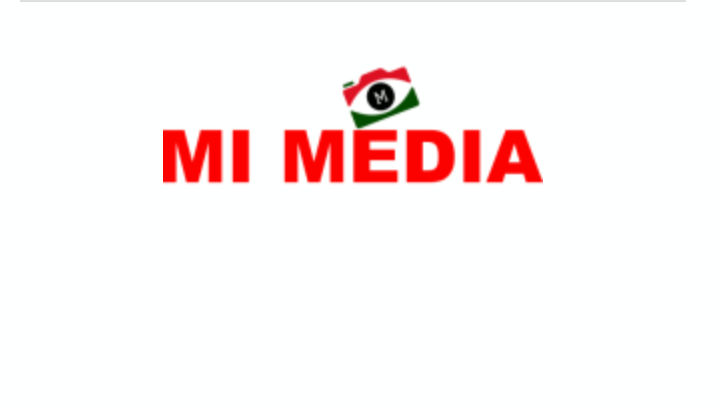The Complex Fuel Market Points to Major Price Increases and Shortages of The Commodity
- mi media

- Apr 6, 2022
- 2 min read
By: Staff Writer
Malawi’s capital city, Lilongwe has started experiencing fuel shortages at some filling stations in levels which have not been seen for the past ten years since the demise of former president, Bingu Wa Mutharika.
Social Media on Tuesday evening has been awash with messages from several people notifying each other of an impending fuel crisis since the commodity supplies has already started being rationed.
Surprisingly government through it’s fuel regulatory body, the Malawi Energy Regulatory Authority has not yet come out to inform the nation about new developments experienced in the fuel market apart from the recent increase in pump prices of petroleum products.
“Kindly be advised that we are anticipating fuel shortage in the country due to rationing which is going on, please make sure you have enough fuel in your vehicle,” reads the viral notification.
News around the world report that the United States of America is releasing 1 million barrels of crude oil daily for the next six months to ease soaring oil prices.
One of Asian promising economies, India is currently experiencing unprecedented soaring prices of oil and commodities since Russian president, Vladimir Putin put a decree demanding that all European countries buying gas and oil from Russia should be paying in Rubles (Russian currency) and not in Euro as is the tradition leading to sharp increase in prices of goods and scarcity of Forex.
In UK today gas price has increased by 54% percent a thing which has never happened in decades.
Fuel prices in neighbouring countries is selling at not less than K1,500 per litre while here in Malawi we are now buying at USD1.426 (K1,495) a litre.
From Nigeria to Uganda down to Zimbabwe, petrol prices are soaring, the major problem that has been exacerbated by a number of factors, including the increasing scarcity of the commodity.
The rising cost of petrol in Sub Saharan Africa has also been attributed to the ongoing Russian invasion of Ukraine, as there is noticeable fear that as the conflict continues to escalate, it could have an even more negative impact on energy costs in Africa.
According to DW, fears of a possible cut to Russian crude is a major factor that has influenced rising energy costs around the world.
Russia is one of the world's top producers of crude and if the United States or EU countries decide to extend Russia's mounting economic sanctions by banning its oil, this would foretell a catastrophe to the global energy industry.
Already, global oil prices have surpassed the $100 per barrel mark which was last recorded in 2014 since the commodity is currently trading at $102.6 per barrel, according to the benchmark price Brent Crude.






Comments